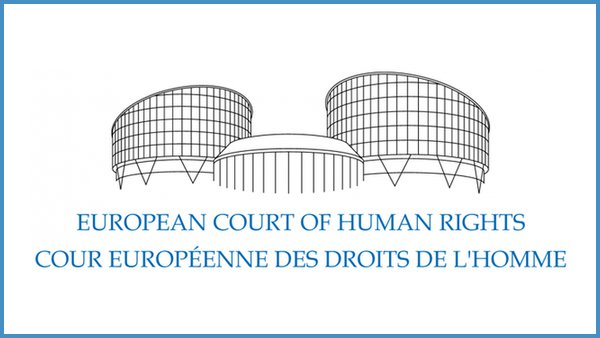Freedom to bait those who hate
04 November 2014
“Do unto others,” nursery-school teachers the world over tell their pupils, “as you would have them do unto you.” One member of parliament in Slovenia did not understand the lesson.

In June 2005, the MP participated in a debate in the Slovenian Parliament about civil partner-ships for same-sex couples. He was nasty towards the beneficiaries of the proposed law. “None of us would want to have a son or daughter who would opt for this kind of marriage,” he said. To underline his point, he went on: “Just imagine a child whose father comes to pick him up from school and greets him with ‘Heeeeey, I’ve come to take you hooooome! Have you got your coat on yet?’” He accompanied the last sentence with a limp-wristed imitation of a stereotypical, camp gay man.
A few days later, a magazine article took aim at the MP, describing his intervention in the de-bate as “the typical attitude of a cerebral bankrupt who is lucky to be living in a country with such a limited pool of human resources that a person of his characteristics can even end up in Parliament, when in a normal country worthy of any respect he could not even be a janitor in the average urban primary school.” The MP was offended. He was so offended he sued the magazine for defamation of his honour and reputation.
The case came to the European Court of Human Rights because the domestic courts found in the MP’s favour, awarding him almost €3,000 and ordering the magazine to publish an apology. The Court delivered its judgment on 17 April 2014 (Mladina D.D. Ljubiljana v Slovenia), finding that the domestic courts violated the magazine’s freedom of expression (art.10 of the European Conven-tion on Human Rights).
The European Court found that the style of the article matched that of the MP’s comments in Parliament. It was not, the Court found, a ‘gratuitous personal attack’ but rather a counterpoint to the comments made about gay people. The Court considered the MP’s imitation of a gay man to be ‘ridi-cule promoting negative stereotypes’ and that the journalist’s response was in the spirit of the debate. It was ‘an expression of strong disagreement,’ not a ‘factual assessment of [the MP’s] intellectual abilities.’
The Court concluded by noting that “political invective often spills over into the personal sphere; such are the hazards of politics and the free debate of ideas, which are the guarantees of a democratic society.” A fancy way of saying that if politicians are going to be nasty, the freedom of expression protects the right of others to be nasty back. Do unto others.
What does this have to do with Roma? If you follow the ERRC’s website, you will be aware of a lot of nasty things politicians say about Roma. What seemed to be key in the Court’s judgment in this case was that the MP was ‘promoting negative stereotypes.’ The same could be said for the minister in Romania who said he would hesitate before sending his child to school with Roma, or the mayor in France who said “Hitler did not kill enough”. What the European Court of Human Rights seems to be saying is that it is all right to respond to such people on their own terms.
“Don’t stoop to their level,” nursery school teachers also tell their pupils when teaching them how to face a bully. The ERRC is unlikely to adopt the language of these hateful politicians when responding to them, and in any event the European Court has not given us carte blanche: if the French mayor’s statements were criminal (which they were), any retort in the same register may be as well. But when politicians make statements that are offensive, but not actionable as hate speech, Roma and the NGOs working to advance Roma rights might think about offering those politicians a taste of their own medicine. When a minister says he will not send his child to school with Roma because of ‘disorder’ Roma might fairly and forcefully question the disorder in his own thinking, and whether his own segregated education has left him fit to serve. When the Interior Minister (now Prime Minister) of France says that Roma are unable to integrate and are destined to return to Bulgaria and Romania, NGOs could, in a satirical tone, predict the day, sometime in the not-too-distant future, when his comments will make him look like a racist dinosaur.
What the European Court has told us is that the Convention will protect those who offer a tit-for-tat response to politicians who trade in stereotypes of minorities. What we do with that protection is up to us.




